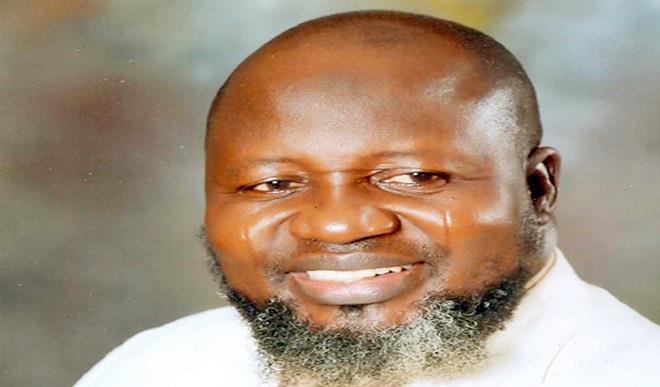N30bn interconnect debt and threat to Nigeria’s telecoms sector
Already grappling with many problems hindering quality of service, the telecoms sector may be finally knocked down by the huge interconnect debt profile which is growing by the day. And telecoms companies have continued to trade tackles over interconnection debt owed to one another. Also known as termination rates, interconnect fee is the charge paid […]


Already grappling with many problems hindering quality of service, the telecoms sector may be finally knocked down by the huge interconnect debt profile which is growing by the day.
And telecoms companies have continued to trade tackles over interconnection debt owed to one another.
Also known as termination rates, interconnect fee is the charge paid by telecoms companies to each other for terminating voice, data or other services over or across each other’s network.
The interconnectivity debt rose which has hit N30 billion, according the operators in the industry, is giving them sleepless night. The operators said this together with the rising capital expenditure (Capex) and operational expenditure (Opex) may kill the industry.
These debts in the industry, according to industry experts, are capable of threatening the stability of the Africa’s largest telecoms market, if the consequences of not settling the debts are not effectively managed by the government.
Daily Trust findings showed that the Interconnect debt profile increase was due to inactive status of majority of the debtors who are mainly Code Division Multiple Access (CDMA), fixed line networks operators as well as Internet Service Providers (ISPs).
Already, about 14 licensed telecoms operators who are among the debtors of interconnect charges have been declared inactive by the Nigerian Communications Commission(NCC).
Some of these operators which had gone moribund include Starcomms, Reliance Telecoms (operating as Zoom), Intercellular Nigeria, MTS First Communications, Disc Communications, WiTel, O’Net (Odua Telecom), Rainbownet, Monarch Communications, XS Broadband, Webcom and IPNX.
Investigations also revealed that various active operators failed to settle their interconnect payment for calls initiated on their networks and terminating on competitors’ networks, a development that has increased the interconnectivity debt profile in the country.
Concerns over this huge debt profile and its implications on business activities in the sector brought the issue into discussion when Minister of Communications, Barrister Adebayo Shittu, recently made an official visit to some telecoms companies in Lagos where he promised government commitment to address the matter.
Shittu said the government would look into the issue “to see how the issue of the debt may be resolved” in the interest of industry stability.
Bearing the highest consequences of the interconnectivity debt is MTN Nigeria being owed the lion’s share to the tune of N13.6 billion.
This amount owed MTN represents about 40 per cent of the total debts as the largest operator with 63 million subscribers and as such, often receive more terminations on its network has incurred more unsettled interconnect rates from other players.
The General Manager, Regulatory Affairs, MTN Nigeria, Oyeronke Oyetunde lamented that, “The issue of the rising profile of interconnectivity debt is something we need to discuss in the industry. Otherwise, it may pose questions around sustainability of the industry.”
An official of the Association of Licensed Telecommunications of Nigeria also told Daily Trust that the issue of rising interconnect debt is giving the association a serious headache.
The official who pleaded to remain anonymous blamed the poor economic situation in the country as the cause. He called on the Nigerian Communication Commission (NCC) to do something urgent about the issue.
The Managing Director, Medallion Communications, Charles Ike Nnamani blamed the situation on the lack of clear settlement mechanism in the industry.
According to him, one of the core functions of inter connect clearing house is billing and settlement among operators but some services providers used to handle traffic exchange directly.
He said interconnect debts are a major factor against good quality of service as some operators deliberately deny competitor access to their networks if they owed terminating charge.
Nnamani stressed the need for a clear interconnectivity settlement scheme in industry to address the problem.
He said, “The truth is that, at the moment because of the way the major dominant operators have handled inter connectivity, there is no clear settlement in the industry and that is one of the things we are working at creating, within the next few months we hope to have a proper settlement scheme for the telecom industry in Nigeria. There is a lot of debt out there among the operators.”
Other industry analysts expressed concerns that while the government intervention may signal a possible resolution towards preventing the development from resulting in cutting off the networks of the debtor companies, it remains unknown how a company such as MTN and others being owed will recover their money from debtors’ organisations that are out of operations.
But a telecoms right activist, Chief Deolu Ogunbanjo said whatever happens between the operators as regards the debt issue should not be passed on to the consumers.
